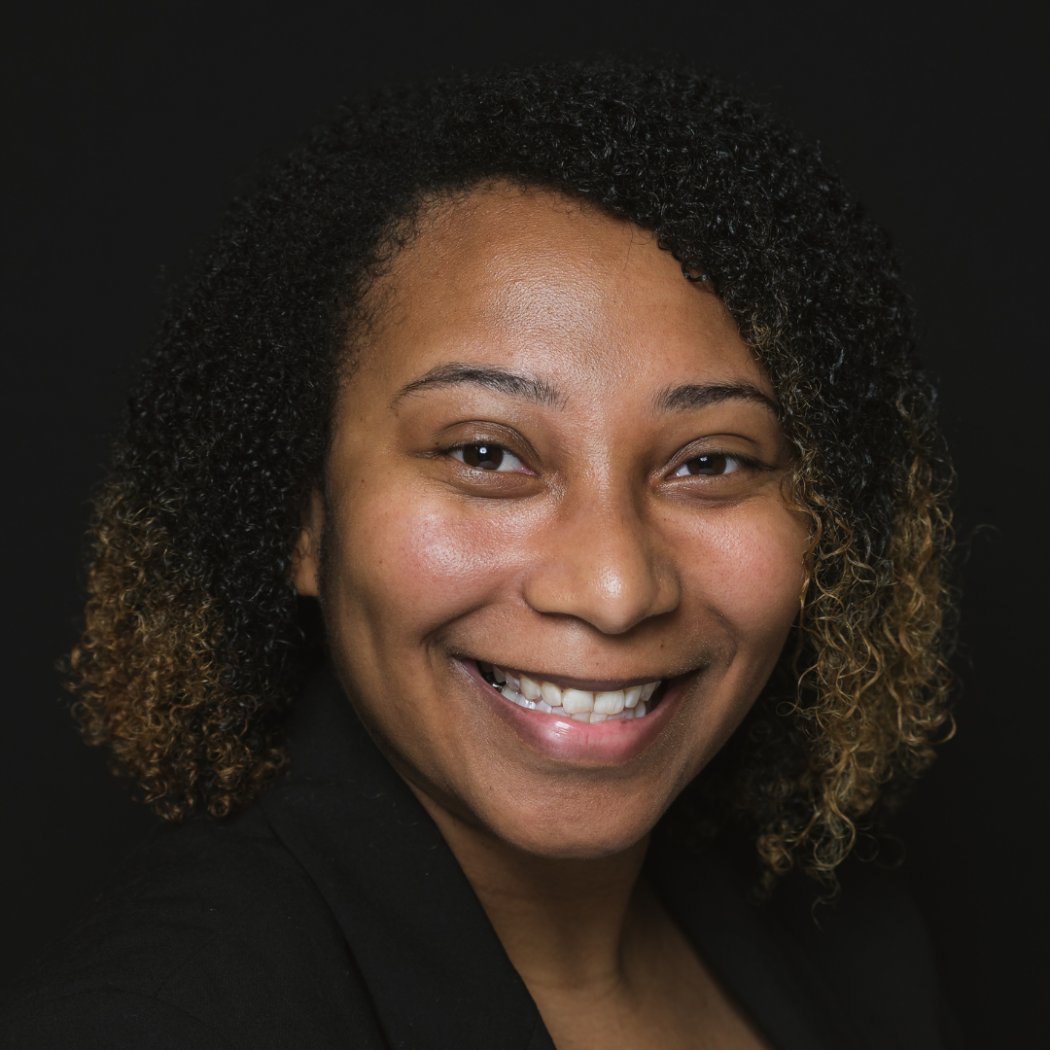 “I have no voice. I don’t have a purpose. I should be ashamed of who I am. I have no hope. I’m sad. I’m depressed. I’m worthless. I’m not loved. I’m weak. I have no future. I don’t want to live. I can’t handle the storm. My mindset will never change. I will always be stuck in this same place.”
“I have no voice. I don’t have a purpose. I should be ashamed of who I am. I have no hope. I’m sad. I’m depressed. I’m worthless. I’m not loved. I’m weak. I have no future. I don’t want to live. I can’t handle the storm. My mindset will never change. I will always be stuck in this same place.”
These are all of the thoughts that I had throughout my early 20s. For many years, I was stuck in a place of depression. And for so long, I thought I would always be stuck in the same place. But I’m not anymore. I don’t want to be. And I’m constantly working to get better. Like other emotions, I think that depression and moments of sadness is a natural part of life and it fluctuates. Major Depressive Disorder is one of the most common mood disorders as it presents itself in various ways whether it be stressors, grief and loss, or managing daily life. There are moments where depression worsens but there are times that it decreases as well. In the first two years of college, my depression recurred again but I ended up at my lowest point. I started drinking alcohol daily and eventually alcohol became my coping method. I was so sad, angry, lost, embarrassed, and ashamed. I started to feel lifeless and empty. And part of me just didn’t want to be here anymore. I didn’t want this life. I didn’t want to feel the way I felt. I was done. I was ready to give up. I was genuinely ready to give up my life. There were days I would wake up and not feel like getting up anymore. But there was a spirit (God) inside of me and He would say, “You’re not done. Get up. Keep moving.” So I would get up and I would keep moving.
Finally, I was tired of feeling the way I felt and coming back to the same place I had once got out of. So I stepped up and I told someone and I decided to get help. I decided I couldn’t do it by myself anymore. I would cry all the time. Sometimes I would leave or skip class just because my emotions overwhelmed me. My mood swings were terrible. I was so irritable all the time. I couldn’t sleep. I would overeat. Then, I started to think about harming myself. And ultimately, it would be little things starting to set me over the edge. It’s one thing to say you’re okay when you know you’re not. I’ve learned that it’s okay not to be okay. Just admitting it is the first step.
After reaching that lowest point, I learned to visualize my best possible self. This is a technique that I learned in my own therapy sessions. It’s a technique that helps you to visualize your best self in multiple domains (i.e., social, professional, and personal). This exercise helped to imagine myself in a neutral/positive look and eventually became my motivation to continuously work through my struggles with mental health.
Maya Angelou once said, “We delight in the beauty of the butterfly, but rarely admit the changes it has gone through to achieve that beauty.” I admit to the changes I’ve gone through and the battles I had to fight to get to this place today. But one thing I will share is that, I don’t regret the wounds that have been opened or the scars that I’ve endured. I’m in a healing process. And it’s a beautiful, non-linear process. Yes, it’s hard and uncomfortable but I’ve also learned to implement gratitude exercises within my journey. This helps me to identify the positive spaces in my life in the midst of learning to manage and cope with my stressors, triggers, and experiences.
I shared this to say that mental health is so real. And sometimes you don’t realize how real it is until you actually go through it. Also, please realize that suicide is real as well. People don’t like to talk about it and it’s constantly talked about after the act is committed. But talk about it. Speak on it. You may save a life.
Please understand that everyone has a story, and everyone is going through or has been through something. I decided to stop being a victim and I made the decision to want to live and to be a testimony for someone else.
I choose life. I choose me. I choose God. I choose freedom. I choose happiness. I’ve learned that although I have flaws, I’m (still) worthy.
Editor’s Note
If you’re thinking about suicide, are worried about a friend or loved one, or would like emotional support, the Suicide & Crisis Lifeline is available 24/7 across the United States. Dial or text 988.
No matter what problems you’re dealing with, whether or not you’re thinking about suicide, if you need someone to lean on for emotional support, call the Lifeline.
People call to talk about lots of things: substance abuse, economic worries, relationships, sexual identity, getting over abuse, depression, mental and physical illness, and loneliness, to name a few.


There are no comments
Add yours